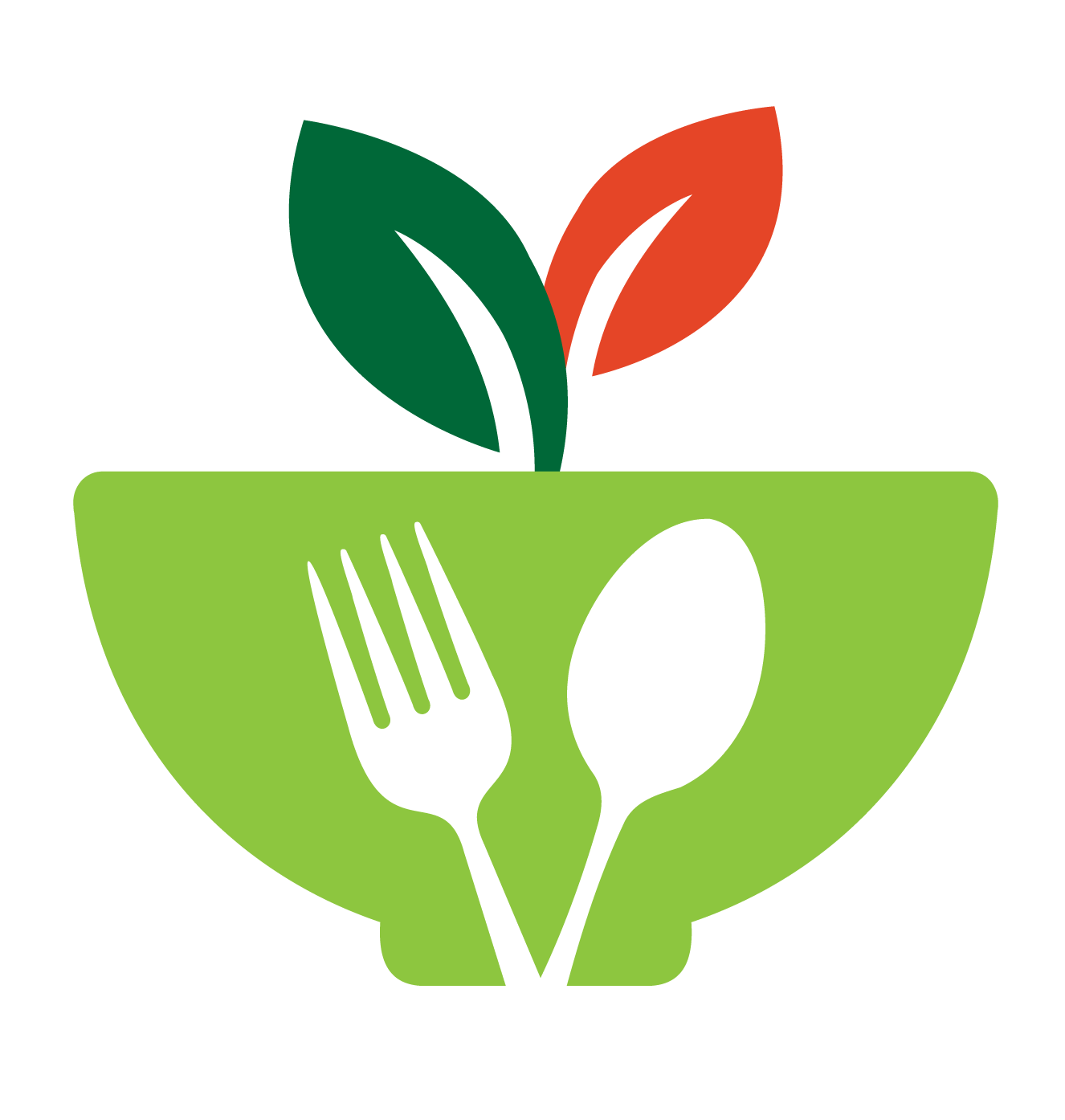Why go meat-free for a week!
There are a number of reasons. First being your health, second the environment, thirdly animal suffering. Read more ↓
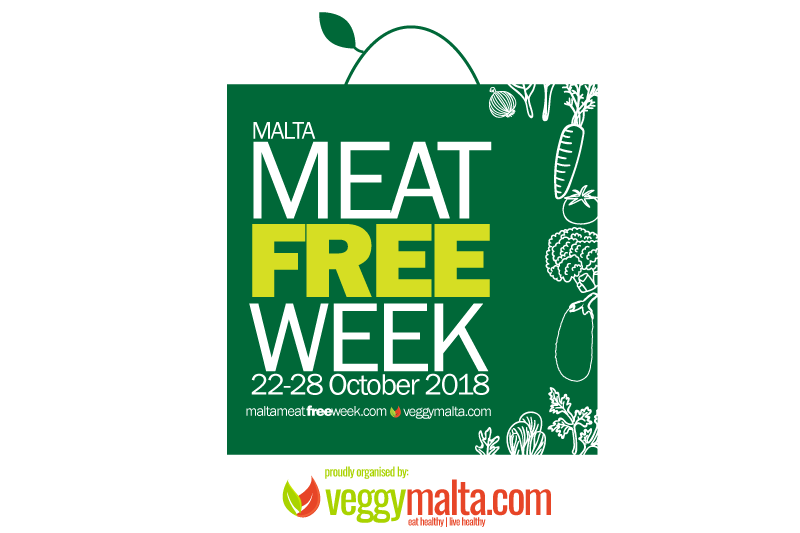
Why are we doing it?
Malta Meat Free Week organised by Veggy Malta is the first initiative of it’s kind locally. The campaign is targeted at increasing a growing community of vegans, vegetarians and also flexitarians in Malta (individuals who consume less meat).
We are not asking you to quit eating meat forever! The Malta Meat Free Week challenge aims to increase the awareness and knowledge of how easy it is to reduce and remove meat products from your life. To eat tasty healthy food. Plus the campaign aims to help and support the companies that operate in the meat-free industry.
Health
It is a popular misconception that meat products are needed to have a healthy diet. The truth is that a well planned and balanced meat-free (vegan) diets contain all the nutrients that our bodies need.
In fact by removing meat from your diet you have an opportunity to think about what you are actually eating. This can be an opportunity for you to learn more about cooking and nutrition and develop ways to improve your diet and lifestyle. And at the same time getting rid or decreasing meat and processed meat which have been declared by the World Health Organisation (WHO.. the global organisation on health) as carcinogenic. [1]
Alternatively getting your nutrients from plants makes you focus more on the choices of food you are eating. Increasing your fibre content, vitamins and minerals. It is recommended to eat 300 g of fruit, 25 g of nuts (especially those rich in omega-3 fat), 150 g of whole grains and 500 g of vegetables a day. Plus avoid excess salt. [2]

Protein
We have been indoctrinated to obsessed about protein! Yet the concern on protein is misplaced. Although protein is important we do not need large quantities of it. It is recommended to take 0.8 g of protein for every kilogram that you weigh. A meat free balanced diet can provide you with all the protein you need. [3]

Antibiotics
The livestock industry has been adding antibiotics to livestock feed since the late 1940’s, when studies showed that antibiotics caused animals to grow faster and put on weight more efficiently. Even fish in fish farms are fed antibiotics in their feed. [4] All this is crating drug resistant bacteria which eventually moves from the farm to the general population.

World hunger
925 million people in the world are suffering from hunger with 870 million of these suffering malnutrition. On a yearly basis 2.5 million children under 5 years of age lose their lives due to malnutrition. Although there exist enough plant based crops to nourish all the human population, these crops are used to feed livestock for rich nations and not staving countries. [5]
Animal Welfare
One needs to be concious of all the animal suffering and abuse that takes place to provide an endless supply of meat. Whatever it is labelled as meat is always a dead animal and the reality is very far away from the pictures of happy cows grazing and basking in the sun!
The Environment
Whilst many associate a meat free lifestyle with health, less realise the immense positive environmental impact that a meat free lifestyle can have on our planet (and even locally).

Save wildlife
Livestock production accounts to 70% of the world’s agricultural land and 30% of the land surface of the plant. [6]
Expansion of livestock production is a key factor behind deforestation, especially in Latin America. Some 70% of the previously forested land in the Amazon was occupied by pastures, whilst feed crops mainly occupy the remainder. All this is habitat and biodiversity destruction.
In South America alone 4 million hectares of rainforest are being cleared every year for beef cattle grazing and to grow feed crops like soy and corn. [7]
Additionally many wild animals, including threatened and endangered species are killed by wildlife services to protect the animal farming industry. Furthermore tens of thousands of non-target animals are killed by indiscriminate trapping and poisoning.

Climate Change
Eating vegetables is more energy-efficient and it produces fewer greenhouse gas emissions than animal farming. In fact a meat diet can have twice the carbon footprint of a vegan diet. [8]
This is because emissions are created through the clearing of land for animals to graze and to grow the crops they feed on. Add with that al the energy required to maintain them, slaughter then, and transport them (sometimes across continents).
Furthermore farm animals produce large amounts of methane as part of their digestive system. Methane is more damaging in terms of climate change than CO2 (actually 86 times more potent).
Additionally to CO2 and methane animal agriculture produces nitrious oxide emissions which is 268 times more harmful than CO2 as a gas that can intensify global warming. [9]

Water
Water is a scare resource not only in Malta but globally.
Whilst we can immediately associate the growing of veggies with water, we do not normally associate livestock production with water consumption. In fact this group is the biggest water guzzler of all.
Animals need water to drink and to wash. It is needed to clean their living spaces and cool them in hot periods. Plus the water used during the slaughter process.
It takes more than 18,000 litres of water to produce 1 kilo of meat and less than 200 litres to produce 1 kilo of wheat. [10]
This has even greater resonance in a country like Malta where water is at a premium and a large percentage of drinking water is created using electricity and not from natural sources.
There are other environmental issues linked to livestock agriculture. One other issue is the production of agricultural waste (including their poop and pee). In Malta this waste includes manure production from the farming of cattle, pigs, poultry, sheep, rabbits and goats. Animal slaughter waste prom public and private abattoirs. Waste from tuna pens. [11]
Similarly just as a vegan diet decreases your water footprint it also decreases your energy footprint. Avoiding meat is more energy efficient sicne less transportation and machinery is required.
Support our Sponsors
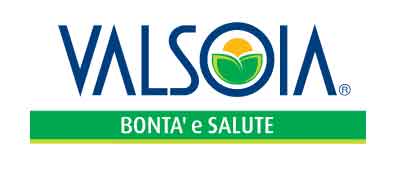
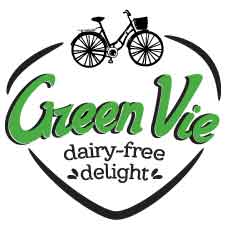
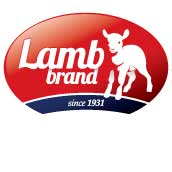
Supported by:

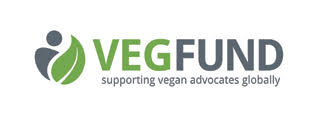
Donate
Support Malta Meat Free Week by sending us a donation and help us cover the costs of this initiate. You can make a secure donation using our PayPal account.
